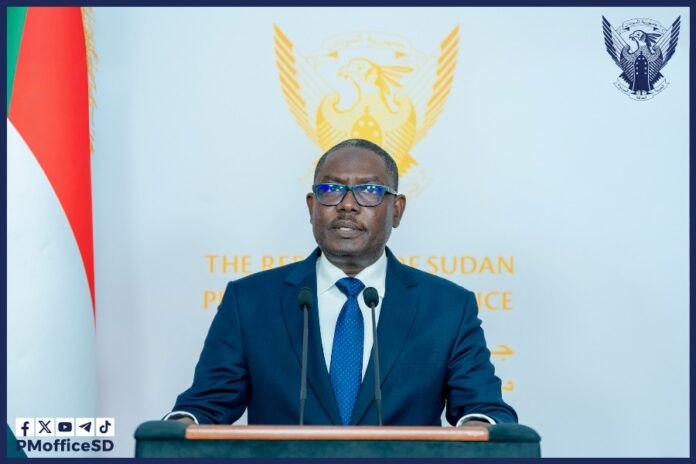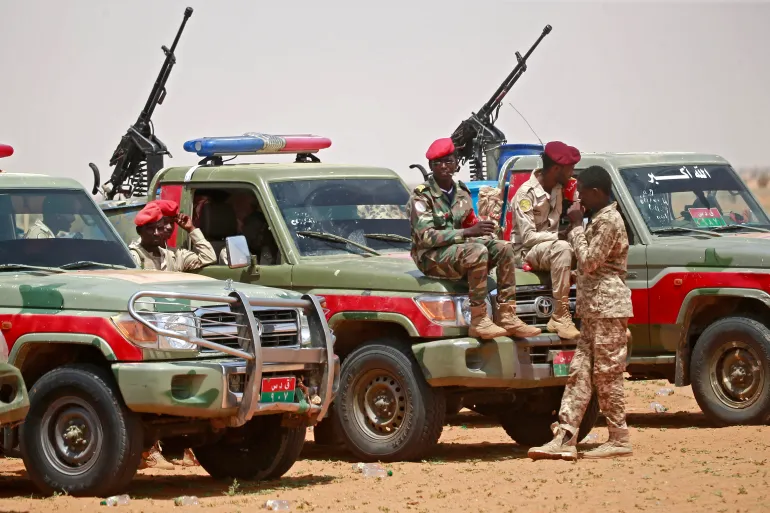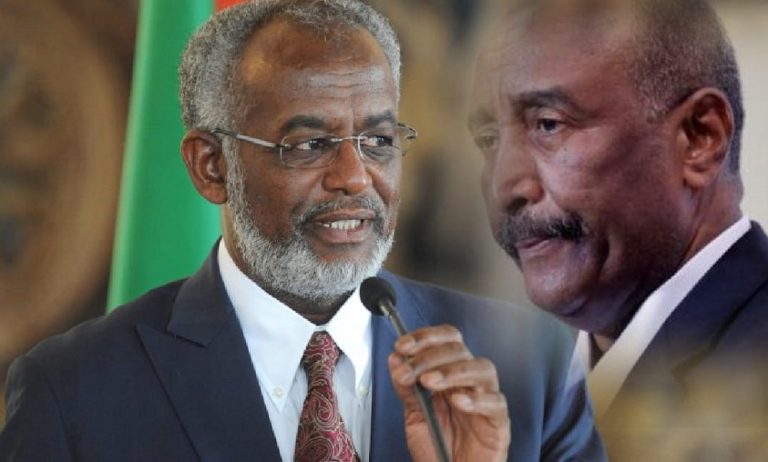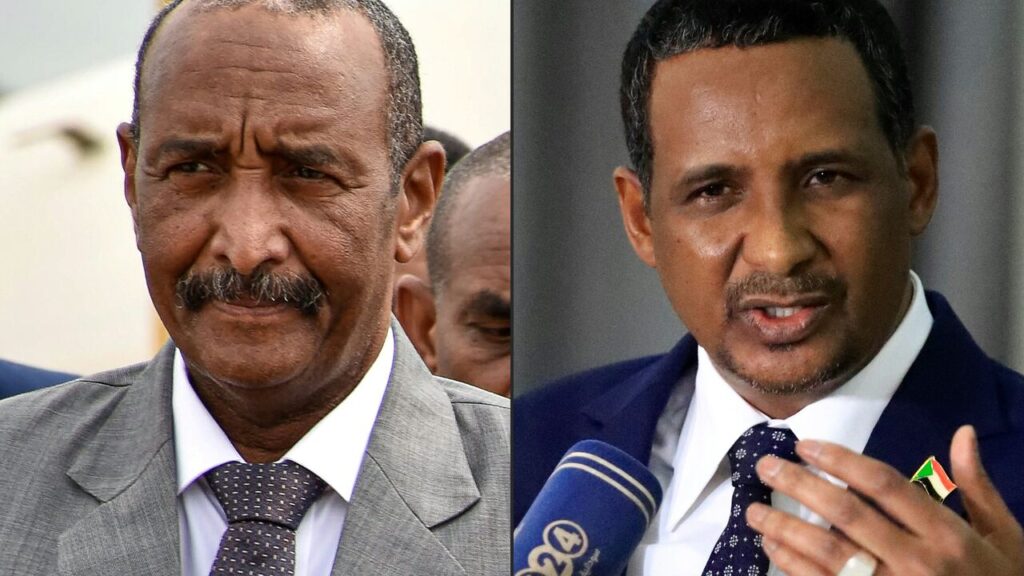
Anas Faisal Karti, a rising Muslim Brotherhood commander and field leader of the Islamist-aligned “Baraa Battalions,” was killed this week during fierce clashes with Rapid Support Forces (RSF) fighters in the village of Umm Sayala, North Kordofan, local sources said. His death marks one of the highest-profile Islamist casualties since the nationwide war erupted in April 2023.
Karti, believed to be in his late twenties, was the nephew of Ali Ahmed Karti — Sudan’s former foreign minister and de facto head of the Sudanese Islamic Movement, who has been under U.S. sanctions since 2023 for allegedly fueling the conflict.
The younger Karti’s rapid ascent had made him emblematic of the Brotherhood’s “post-revolution generation,” tasked with reviving Islamist influence after the fall of Omar al-Bashir.
The Baraa Battalions, a semi-clandestine network of Islamist militants embedded with General al-Burhan’s forces (SAF) units, have played a frontline role against the RSF across Darfur, Kordofan and greater Khartoum. Analysts say the mounting battlefield losses among their commanders underscore both the Islamists’ deepening entanglement in the war and their dwindling operational depth.
Field reports indicate that several other Brotherhood-affiliated militants from the Baraa and Shadow Battalions were also killed or wounded in the Umm Sayala engagement, part of a wider RSF push toward the key SAF garrison at El Obeid. The attrition has already triggered rare public debate within Islamist circles over whether to press on militarily or pivot to negotiations that could preserve the movement’s political footprint.
For the Sudanese Islamic Movement, Karti’s death is both a symbolic and strategic blow. The group has relied on high-profile young commanders to project momentum and attract recruits; losing one of its most recognisable faces, observers argue, could sap morale and complicate efforts to sustain its alliance with the SAF.
With frontlines still fluid and neither the SAF nor the RSF showing signs of yielding, the question now confronting Islamist leaders is whether they can replenish their ranks fast enough to remain a decisive factor—or whether the war’s relentless grind will erode what remains of their once-formidable cadre.




